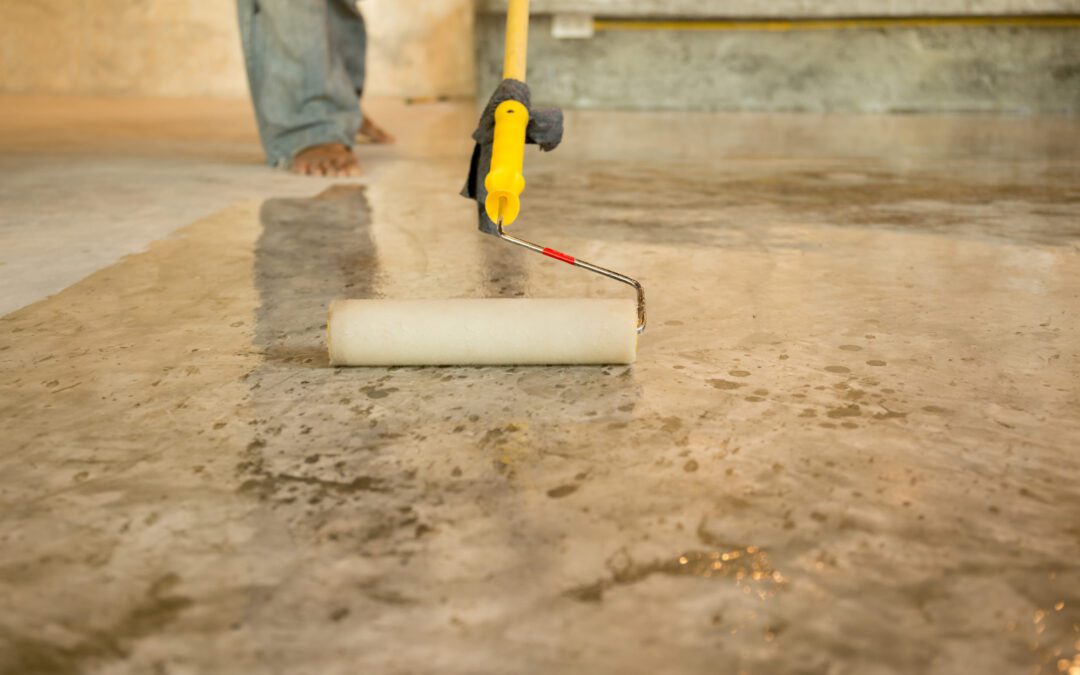The garage floors are an area of your home that can take a beating. Whether your garage is a mechanic shop, a woodshop, or even a man-cave, the floors may need an upgrade.
If you are looking into renovating your garage floors, you have probably seen two terms mentioned: polyurea and epoxy.
These are the two main coatings types for garage floors, but how do you decide?
When deciding between polyurea versus epoxy, it’s important to consider the many differences.
This guide will take a look at some of the elements of the two coatings and help you make a decision.
Withstanding Damage
As mentioned earlier, garage floors will take some harsh damage. Anything from dropping a heavy wrench to moving furniture has a chance to scratch the resin. As such, the strength of the material should play a major role in your choice. Let’s take a look at how they hold up.
Epoxy
Epoxy has a two-part application consisting of a resin and a hardening agent. Mixing the two gives strength to the floor. Once set up, epoxy will hold up to chips, scratching, and impacts.
There are some things that can cause delamination to epoxy. Moisture, hot tire marks, and welding slag can damage the finish.
Polyurea
Though epoxy holds up to pedestrian damage, polyurea is up to 20 times stronger. This is a staggering difference. Impacts won’t show any sign of delamination or chipping.
If you have any type of heavy-duty projects planned for the garage, polyurea is an easy choice for physical damage resistance.
Light Resistance
Physical is not the only type of damage to consider for your garage floors. It may seem strange, but light damage common on floor coatings. Below you will see why it matters.
Epoxy
Epoxy has become a popular outdoor and garage flooring option. However, if your epoxy floors are exposed to sunlight, they will fade over time. Epoxy is not resistant to ultraviolet light. The glossy finish will develop some yellowing and cloudiness from constant light exposure.
Polyurea
Alternatively, a polyurea coating is resistant to damaging UV light. This means, regardless of your color, the finish won’t fade after years in the sunlight. If you leave your garage doors open for light, polyurea is the smarter option.
Curing
Another difference between these two processes is the drying time. Remember, both of these materials begin in a liquid form. They need a post-application curing period.
Epoxy
Epoxy floors require 2-3 days curing time for foot traffic and up to 7-10 before you can drive on them. The long curing process gives a chance for air bubbles to develop in the layers of epoxy. If this happens, your floors will look worse and be susceptible to damage.
Polyurea
Polyurea floors have one of the fastest cure times. The floor coating hardens and cures within 24 hours of installation. Fast dry times ensure a smooth finish and let you enjoy the floors sooner.
Making a Decision on Polyurea Versus Epoxy
If you are deciding on polyurea versus epoxy, use this analysis as a guide. Think about how you are planning to use your garage. Each aspect noted here should play a part in your material choice.
If you have questions about the project or need a quote, give us a call.

